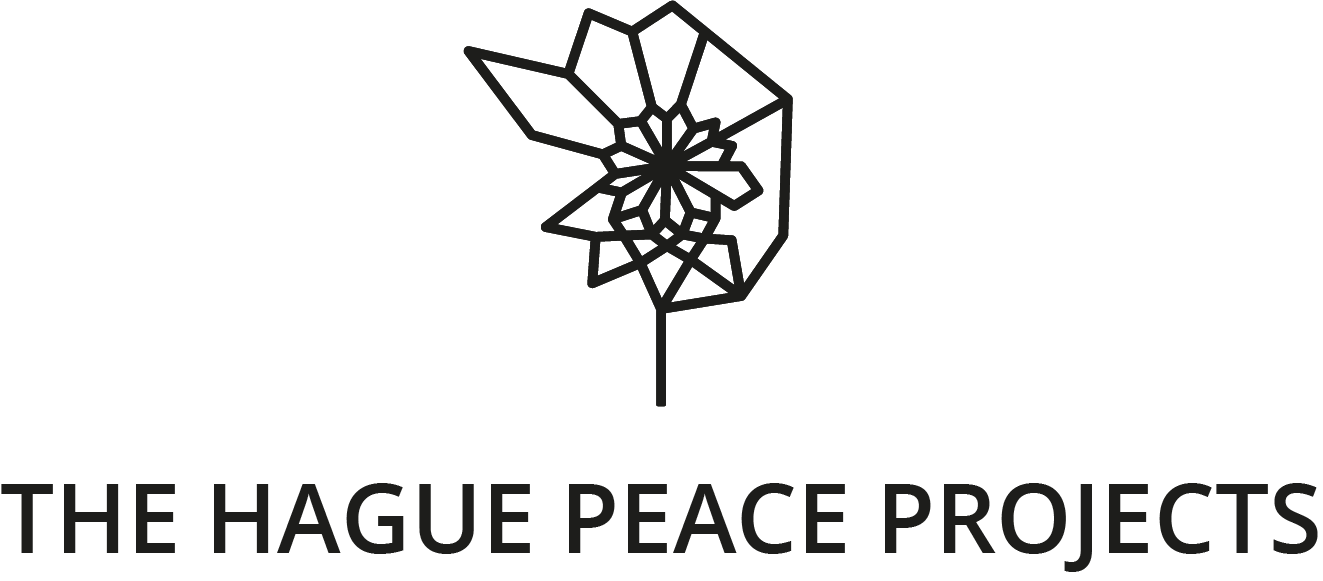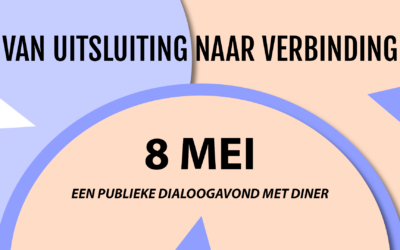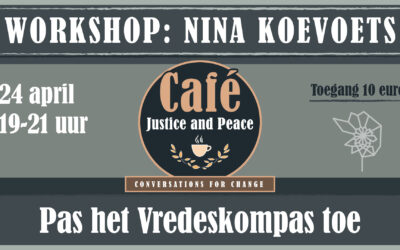The Hague is a city with a mission: to move forward the principles of peace and justice around the world. Even though Amsterdam is the capital of The Netherlands, The Hague is home to the Dutch government and many international organizations, including the International Court of Justice (ICJ) and the International Criminal Court (ICC). The city is also known as the “International City of Peace and Justice”.
In this article, we will explore the different important entities of the City of Peace and Justice.
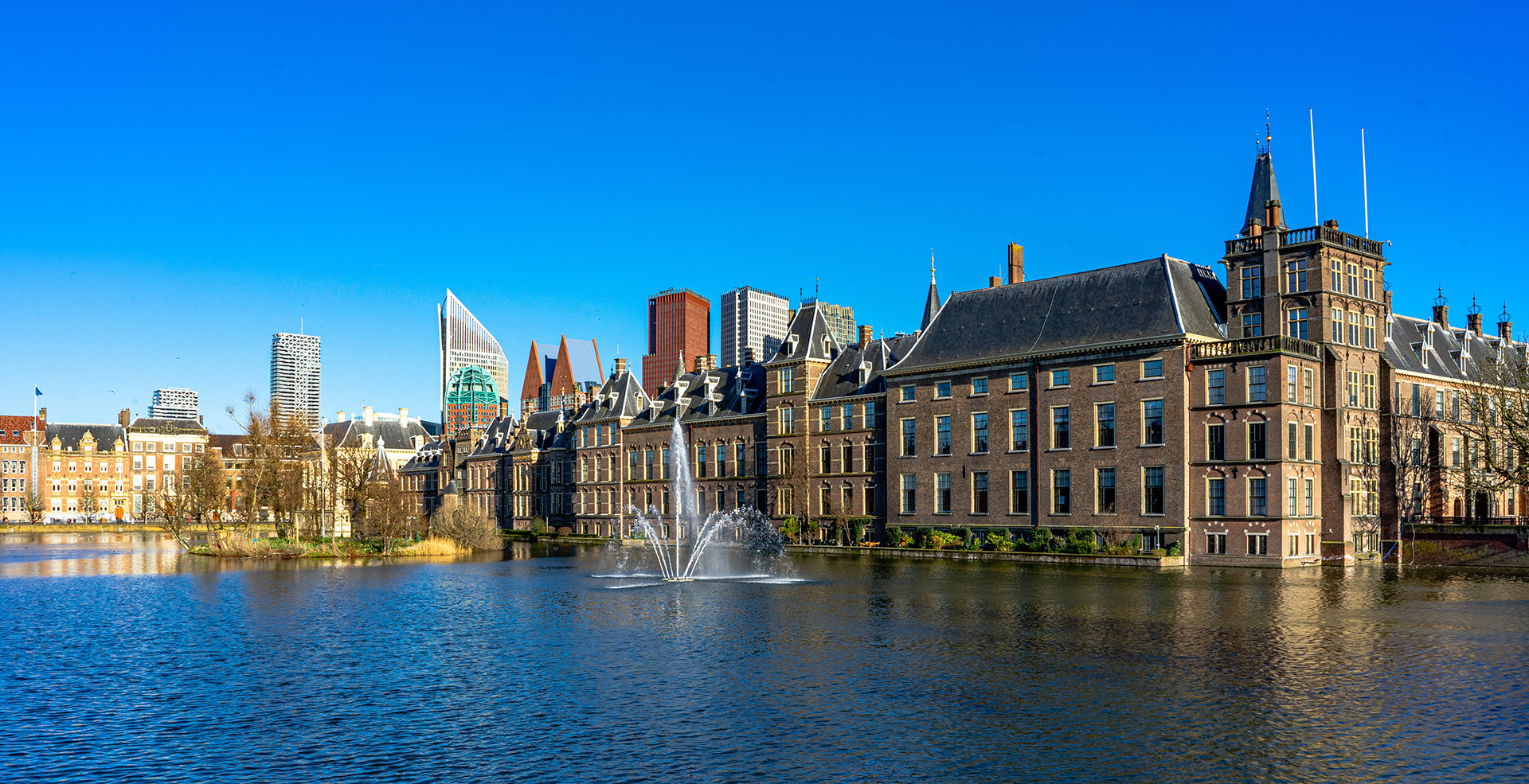
Photo by Alireza Parpaei on Unsplash
Peace and Justice
The Hague has a long history of promoting peace and justice. In the early 1900s, the city was home to the First and Second International Peace Conferences. The city was also the site of the signing of the Treaty of Versailles, which ended World War I. In 1999, the city was designated as the United Nations’ “City of Peace and Justice.” There are other treaties of great importance that have also been signed here.
The Hague’s commitment to peace and justice is evident in its many international organizations. The International Court of Justice, housed in the Peace Palace, is the world’s highest court for disputes between nations. The International Criminal Court investigates and prosecutes individuals for genocide, war crimes, and crimes against humanity.
The Hague is also home to many NGOs that promote peace and justice, such as Amnesty International, The Hague Peace Projects, Cordaid, and Oxfam Novib. The city is also host to the Peace Palace and the Peace Palace Library, which is one of the world’s largest libraries dedicated to international law. The palace was donated by the Carnegie foundation.
The Hague is a city with a rich history of promoting peace and justice. The city is home to many international organizations that work to resolve disputes between nations and investigate and prosecute individuals for war crimes and other serious transgressions of international human rights. The Hague is also host to many NGOs that promote peace and justice around the world. If you’re looking for a city with a mission, look no further than The Hague.
The Peace Palace
The Peace Palace is a building in The Hague, The Netherlands, that houses the International Court of Justice, the Permanent Court of Arbitration, and the International Criminal Court. The Peace Palace is one of the most iconic buildings that represent the principles for which the city stands for.
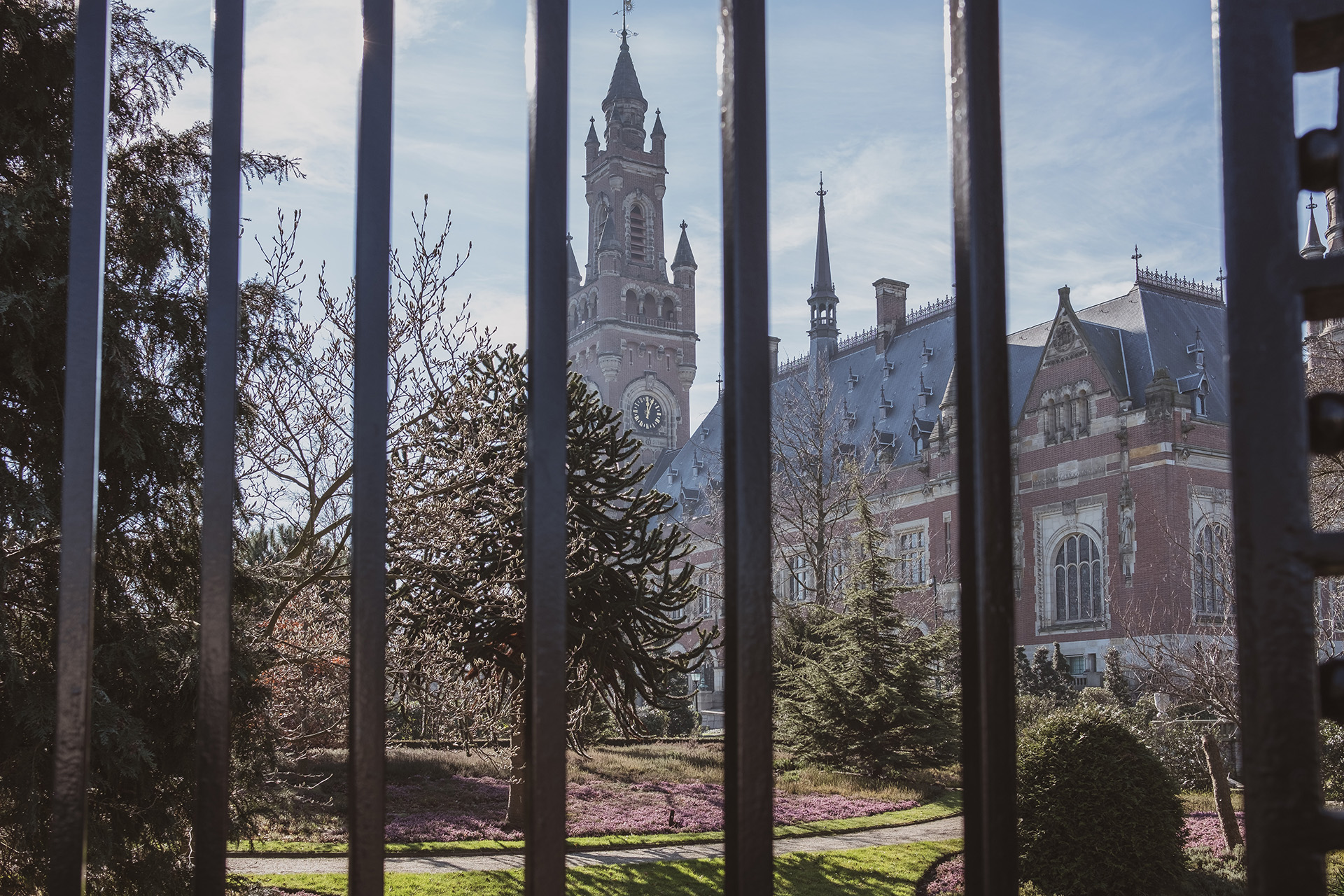
Photo by Den Harrson on Unsplash
The Peace Palace was built in 1913 to house the First and Second International Peace Conferences. The building was designed by Dutch architect Louis M. Cordonnier. The palace was officially dedicated on 28 August 1914, two days after the start of World War I.
The Peace Palace Library is also located in the Peace Palace. The library is one of the world’s largest libraries dedicated to international law. The Peace Palace was donated by Andrew Carnegie.
The Hague Peace Projects – HPP
The Hague Peace Projects believes that change is possible by supporting those who represent it. Human rights defenders, environmental activists, and diaspora communities from conflict areas are our most powerful catalysts for both conflict resolution and peacebuilding.
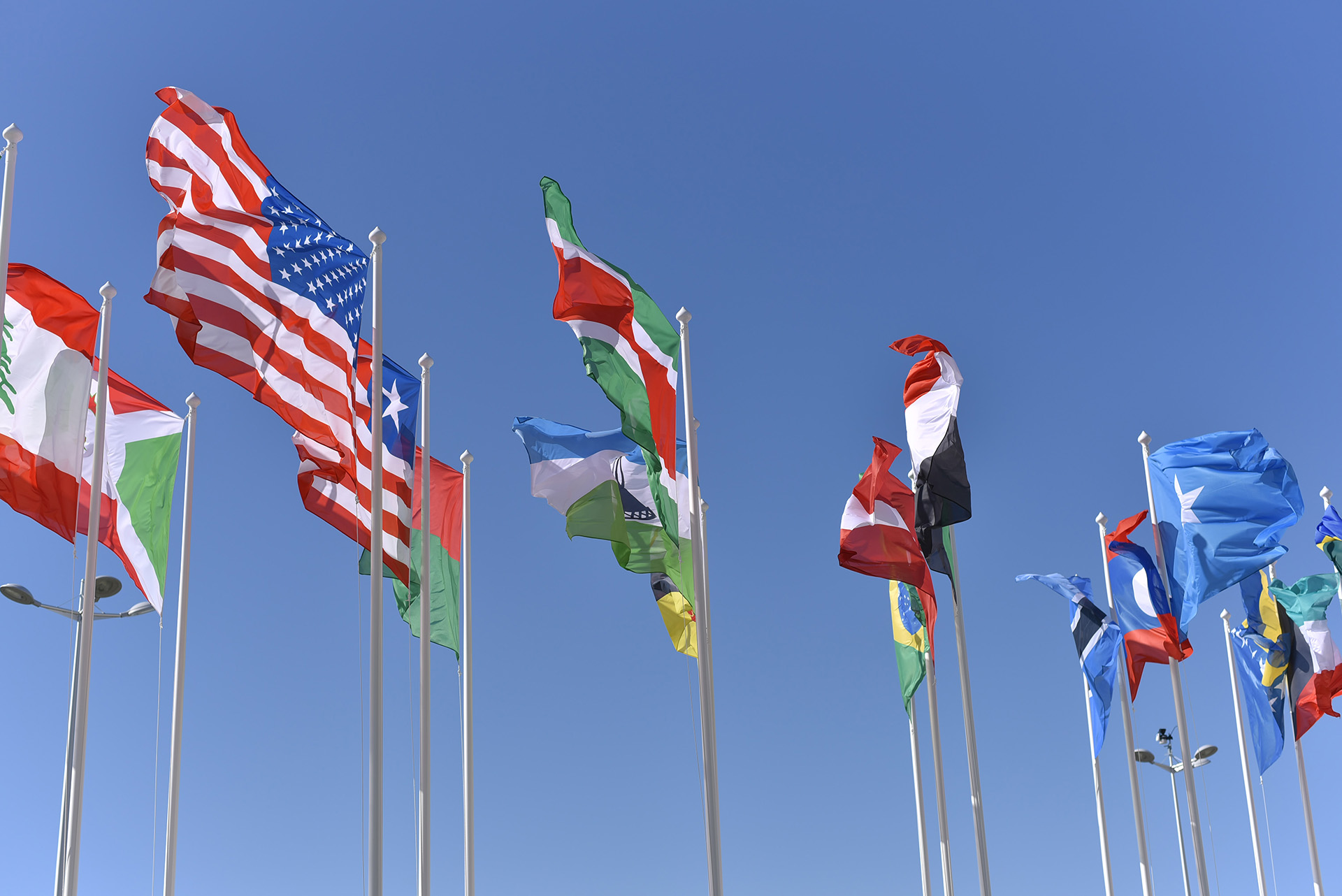
Photo by Vladislav Klapin on Unsplash
Many of our colleagues have fled their countries of origin in order to escape repression or violence, and have found their refuge here in The Hague. The Hague Peace Projects have helped them to consolidate their position here in The Netherlands (also known as Holland), reconnect with and expand their networks, pursue their own projects, and work together with local organizations and people that help to further their human rights objectives.
Grassroots Peacebuilding in Europe
The Hague Peace Projects was founded in 2014 in The Netherlands by four human rights professionals who were worried by a quick succession of new conflicts emerging globally at the time: Syria, Yemen, the Central African Republic, Ukraine, and Libya. At the same time, many unsolved conflicts continued to take the lives of innocent people in Iraq, Afghanistan, Somalia, Congo, and many other places.
Working intensively with refugees and human rights defenders who had come to Europe and the Netherlands from conflict areas, we recognized them as powerful catalysts for social change. However, there was no infrastructure for activists and victims of conflict and oppression to continue their work for peace and justice. Rarely did they get involved in established human rights and development efforts. Considering this omission as an enormous waste of wisdom and experience for peace building, conflict resolution, and human rights, we decided that a new organization needed to be created in order to provide them with the opportunity to continue their work from within their diaspora communities in The Hague and their communities abroad.
Ever since, our organization has been growing, attracting hundreds of activists and volunteers to spend their time and energy on resolving conflicts and defending human rights worldwide.
Peace work in The Netherlands and abroad
At The Hague Peace Projects, we build communities of trust where division and fear between people are the norm. Creating safe and brave spaces for dialogue helps to establish new and unlikely connections, and generates common ground between communities across the lines that keep people divided: religious, ethnic, national, or political.
We empower activists and diaspora communities to reconstruct their motivations and skills to deal with conflicts peacefully, using a wide range of tools such as dialogue, research, advocacy, education, events, and media.

Photo by Sunguk Kim on Unsplash
Together we aim to strengthen well-informed, resilient, vocal, globally connected & inclusive civil societies in areas affected by conflict and oppression, and encourage nonviolent social and political transformation.
We believe that respectful dialogue is the first step on a path to build understanding, trust, and cooperation between conflicting groups.
The methods and resources of The Hague Peace Projects offer a sustainable and decentralized human rights-minded workflow. Together with local communities we embrace inclusiveness and utilize the knowledge, expertise, and creativity that this diversity has to offer.
Without being exhaustive, our intended outputs are:
- Human Rights Defender (HRD) support
- HRD practical and emergency help
- Problem discovery and definition
- Dialogue and conflict resolution
- Peacebuilding
- Capacity building and training
- Community building
- Advocacy and Lobbying
- Education and Awareness
- Research
- Activism
- Networking
By representing the changemakers of society and supporting them with the tools and resources of The Hague Peace Projects, we support a cultural change from the bottom up and drive a long-term positive impact on global human rights challenges and democracy.
Why is this work important?
Over the past decades, inequality, instability, insecurity, and oppression have grown globally.
The events of 9/11 and the violent response afterwards have rapidly worsened this trend. Many societies are now facing similar challenges: refugee crises, nationalist and religious extremism, clampdowns on freedoms, and a spread of intolerance and violent conflict.

Photo by Bexar Arms on Unsplash
In the process, entire states have collapsed into chaos or succumbed to totalitarian regimes. Competing geopolitical interests, lack of leadership, and self-centered economic and political motivations are actively undermining the lives and human dignity of millions. Fueled by Neoliberalism and morally flexible multinationals, unequal distribution of scarcity, wealth, and power continue to polarize societies along religious, ethnic, cultural, and political lines. Innocent people all around the world have become victims of war and are left in situations of oppression, lawlessness, and despair. Their voices have been ignored and their interests neglected.
Worldwide, countless individuals are working day by day to alleviate suffering and promote peace and justice within their own communities. These unnamed heroes often risk their own life and well-being in the process. Understanding their own history, culture, languages, and politics like no one else, they are our best chance to determine realistic ways forward, towards justice, democracy, and peace. However, these civil society actors are also significantly weakened by polarization, oppression, disinformation, trauma, and a lack of power and finance.
These are society’s Changemakers and they are our most powerful catalysts for conflict resolution, peacebuilding, and human rights.
It is only through a concerted effort by an inclusive civil society, that real political, social, and environmental transformation be achieved.
International Law
The Hague is a city with a rich history of promoting peace and justice. The city is home to many international organizations that work to resolve disputes between nations and investigate and prosecute individuals for their crimes. The Hague is also host to many NGOs that promote peace and justice around the world.
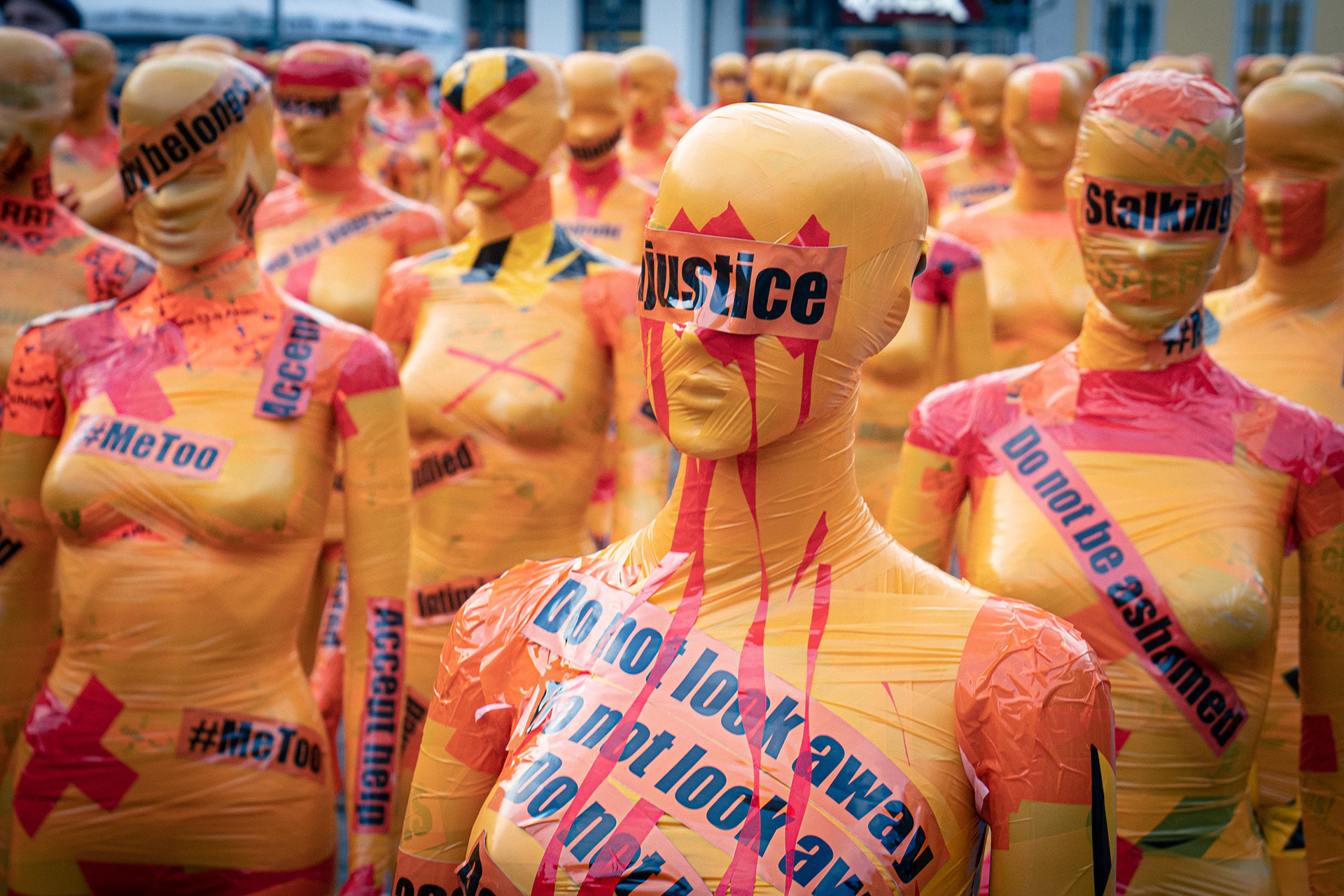
Photo by Mika Baumeister on Unsplash
The Permanent Court of Arbitration resolves disputes between nations.
The International Criminal Court investigates and prosecutes individuals for genocide, war crimes, and crimes against humanity.
International Disputes
The Permanent Court of Arbitration (PCA) is an intergovernmental organization that deals with international disputes between states. It was founded in 1899 and is based in The Hague as one of the neutral powers to deal with international disputes.

Photo by Tingey Injury Law Firm on Unsplash
The PCA helps resolve disputes through arbitration and mediation.
Arbitration is a process where two or more parties agree to have a third party, called an arbitrator, hear their dispute and make a decision. Mediation is a process where two or more parties meet with a mediator to try to resolve their international disputes.
Compulsory arbitration is a required program for disputes valued under $50,000 where an arbitrator appointed by the court reviews the case to decide on a resolution and award. The goal of arbitration is to lower costs for those who have filed lawsuits and allow courts to manage resources more efficiently.
The Hague Peace Conferences – First and Second Conference
The Hague peace conferences were a series of international peace meetings that took place between 1899 and 1907. The main purpose of these conferences was to discuss ways to avoid future wars, and as a result, a number of treaties and declarations were adopted.
These conferences were an important step towards more unified laws and world peace. By discussing ways to avoid future wars, it became clear that war is not a desirable solution. The establishment of the court showed that there are other methods available for resolving disputes, peacefully.
The Hague Convention
The Hague Convention on the Protection of Children and Co-operation in Respect of Intercountry Adoption, also known as the Convention, is an international agreement meant to secure intercountry adoptions.
The standards for practices of The Hague Convention concerning intercountry adoptions were established on May 29th, 1993 by The Hague Convention conclusion in The Netherlands. In 1994, The United States signed the document of The Hague Convention which became effective on April 1st, 2008.
Hague Conventions of 1899 and 1907
The Hague Conventions of 1899 and 1907 were a series of international treaties and declarations negotiated at two international peace conferences held in The Hague, Netherlands.
The Hague Conventions, along with the Geneva Conventions, were among the first detailed explanations of wartime laws and war crimes in secular international law.
A third Hague Peace Conference was planned for 1914; however, it had to be rescheduled for 1915 due to World War I.
The Geneva Conventions
The Geneva Conventions are four treaties, and three additional protocols, that establish international legal standards for humanitarian treatment in war. The singular term Geneva Convention usually denotes the agreements of 1949, negotiated in the aftermath of the Second World War (1939–1945), which updated the terms of the two 1929 treaties and added two new conventions.
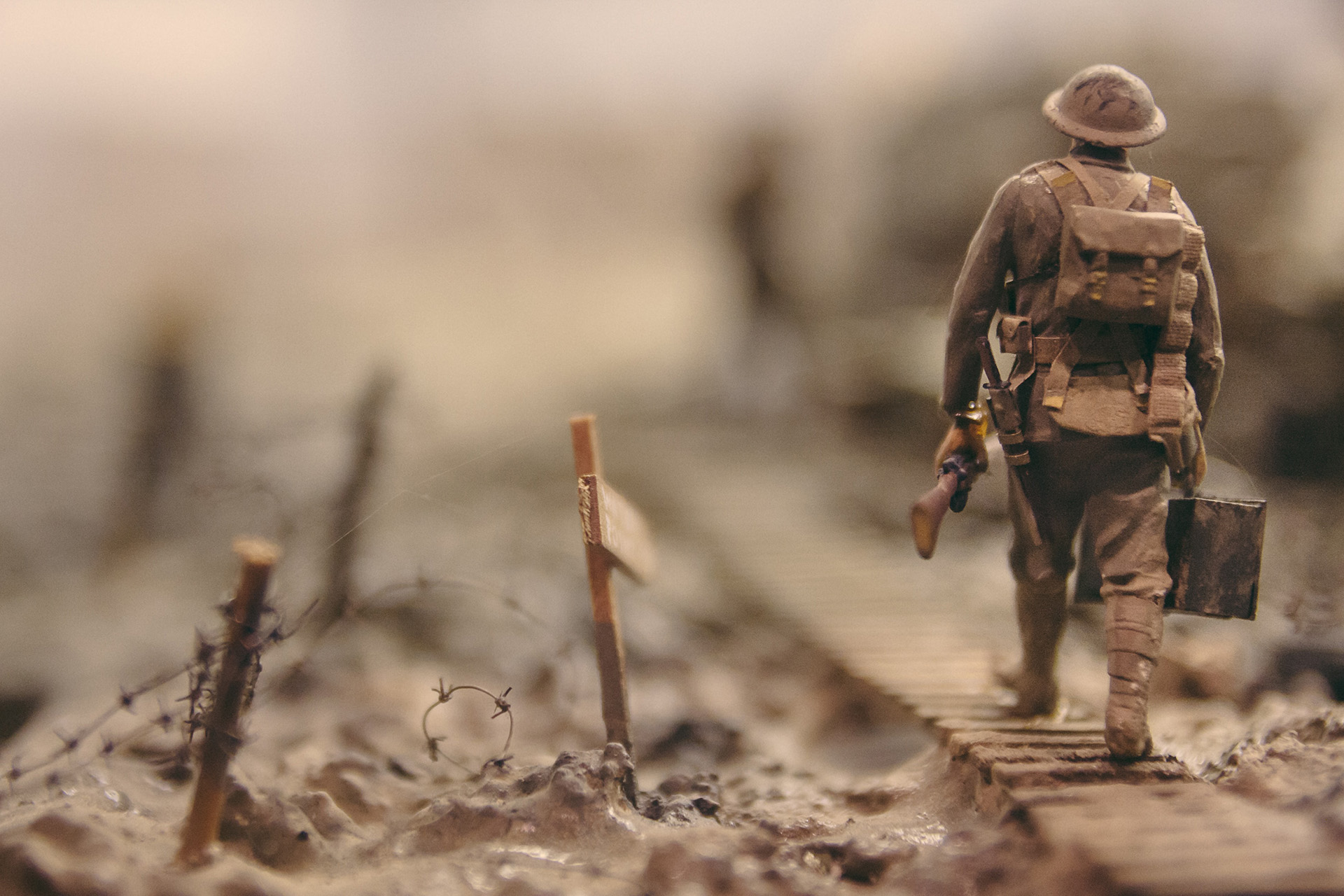
Photo by Stijn Swinnen on Unsplash
The Geneva Conventions extensively define the basic rights of wartime prisoners (civilians and military personnel), established protections for the wounded and sick, and provided protections for the civilians in and around a war zone. Moreover, the Geneva Convention also defines the rights and protections afforded to non-combatants.
The treaties of 1949 were ratified, in their entirety or with reservations, by 196 countries [1]. The Geneva Conventions concern only prisoners and non-combatants in war; they do not address the use of weapons of war, which are instead addressed by the Hague Conventions of 1899 and 1907, which concerns conventional weapons, and the Geneva Protocol, which concerns biological and chemical warfare.
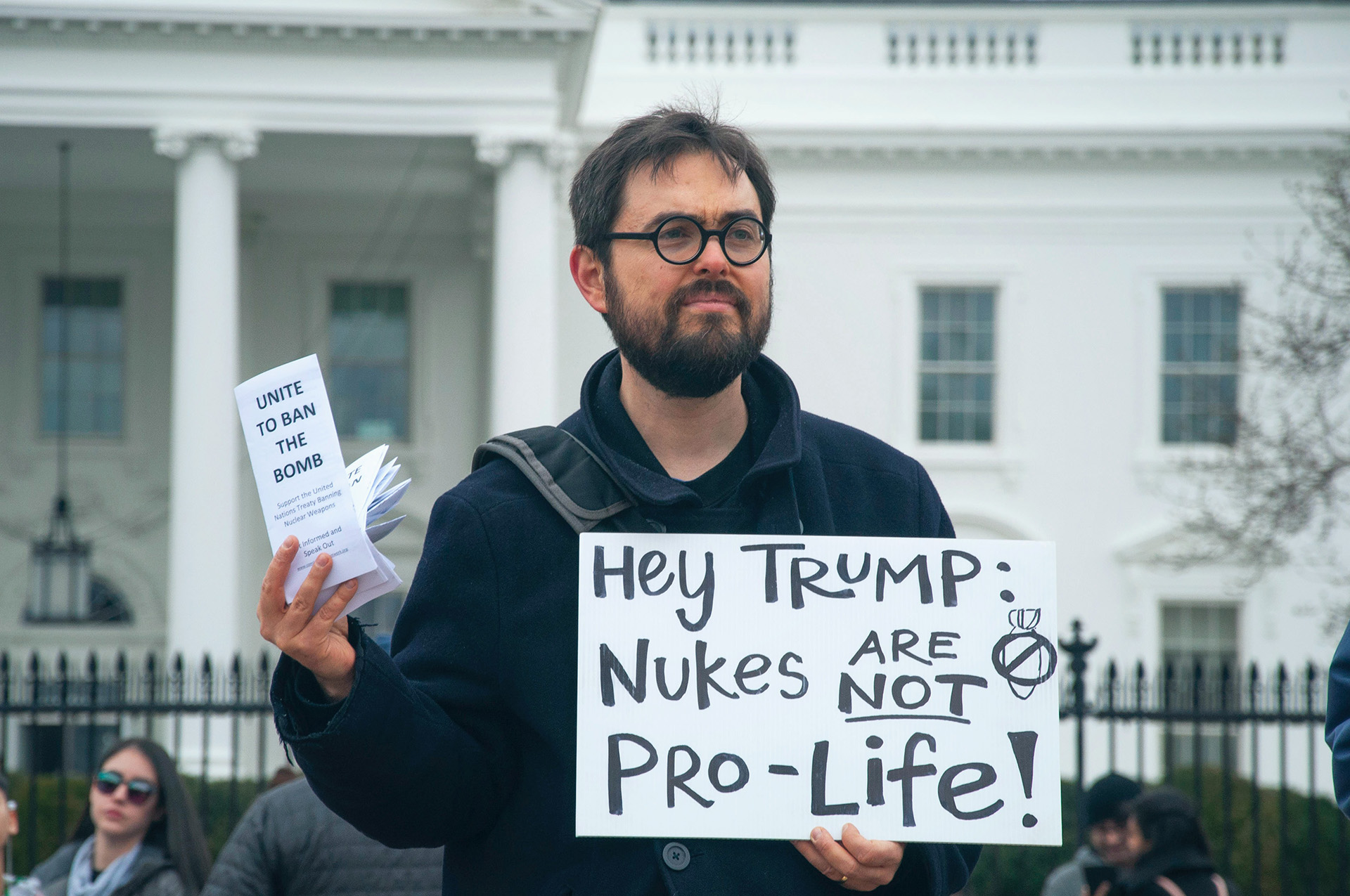
Photo by Maria Oswalt on Unsplash
The International Prize Court
The International Prize Court was an international court proposed at the beginning of the 20th century, to hear prize cases. An international agreement to create it, the Convention Relative to the Creation of an International Prize Court, was made at the Second Hague Conference in 1907 but never came into force.
European Foreign Affairs and International affairs
The 1907 Hague Convention on Land Warfare, also called the Regulations Concerning the Laws and Customs of War on Land, is one of the four treaties of the Second Hague Conference. It codifies the rules governing land warfare that were previously laid out in the 1899 Hague Convention II and the 1904 Geneva Convention.
The main difference between The Hague and Geneva Conventions is that The Hague deals with international disputes, while Geneva deals with internal disputes.
The three conventions are as follows:
Convention (I) for the Pacific Settlement of International Disputes
Convention (II) Respecting the Laws and Customs of War on Land
Convention (III) Relative to the Opening of Hostilities
Of these, only Convention (II) remains in effect today, as the other two conventions were replaced by the United Nations Charter and the Statute of the International Court of Justice.
The four Geneva Conventions of 1949 satisfy most of the standards set by The Hague Conventions. As a result, many of the provisions in The Hague Conventions are now seen as part of customary international law, even though they have not been formally ratified by all states. This structure often allows for a pacific settlement to be reached easier.
Conclusion
In this article, we have looked at the different international organizations present in The Hague and some of the limitations of international law. We have seen how the international community has embraced the city of The Hague and its status of ‘International City of Peace and Justice’ to host crucial international institutions that together help to move peace forward in the world.
By Chale Guadamuz
HPP – Supporting Changemakers
Donate Now
Your one-off or monthly donation makes a big difference!
Follow us
By following us on Instagram, Twitter, and Facebook, you contribute to our social impact.
Collaborate with us
Are you interested in collaborating or volunteering? Feel free to get in touch!
